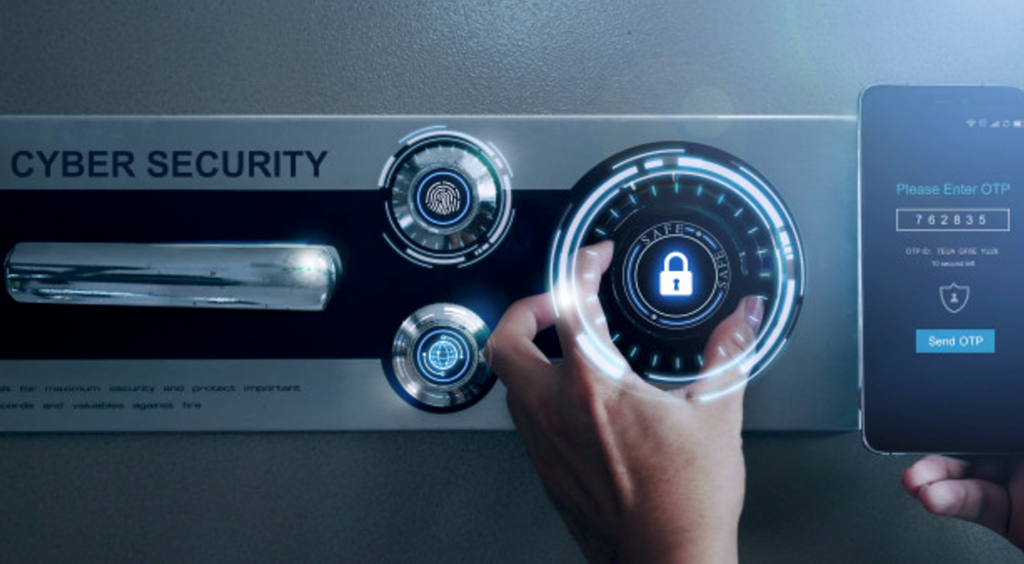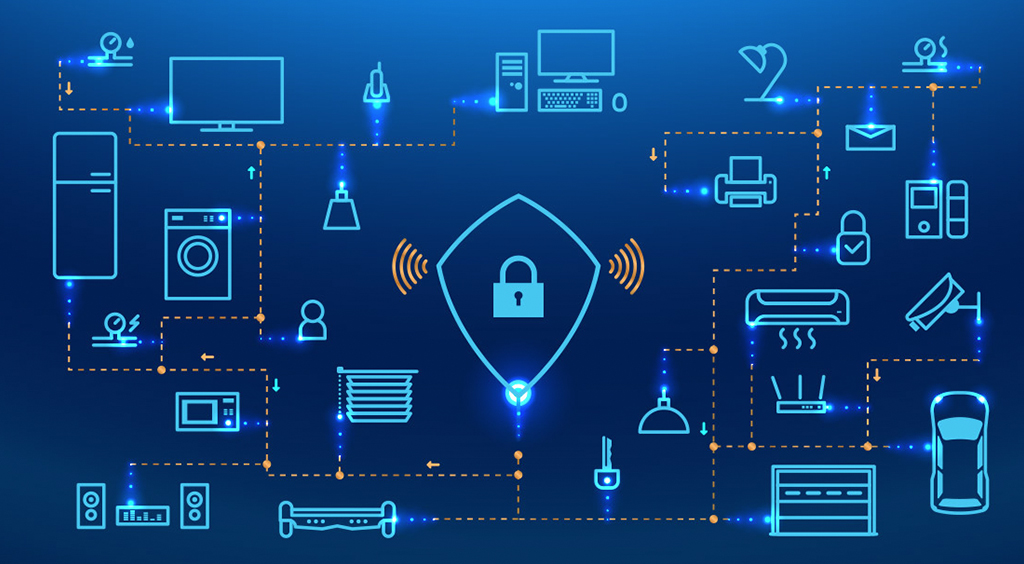24 Jun 6 Cyber Security Terms Employers are Looking Out for in Resumes

You may have the technical skills and experience needed to land the right job. However, the ability to highlight and translate some of these abilities to show what a great catch you are might be a little tough and daunting.
Whilst the terms might be confusing to some, when used and explained properly, they could grab the interest of a hiring manager. Here are 10 Cybersecurity terminology that employers are looking out for in resumes:
1. Endpoint Security

Endpoint security is currently in high demand. Endpoint security refers to any device that connects to a network and serves as an entry point for security threats. You have to inform the employer that this form of security is important because it prevents the theft of sensitive data.
Sometimes employers are not aware that the connection of laptops, tablets, mobile phones, and other devices to corporate networks can create attack paths for security threats. Providing a short and quick description of endpoint security and the skills needed to perform this task could help boost your resume.
2. Defense-in-depth

Defense in depth refers to a cybersecurity strategy that involves creating multiple layers of security in order to protect both the organization and its valuable assets against an attack. Defense-in-depth is important simply because no form of security is ever 100% foolproof.
Therefore, having multiple layers of security can help control unauthorized access. Because after surpassing each barrier, the hackers will be met with another barrier. It’s unlikely that one hacker will have both the knowledge and skills to surpass the multiple barriers.
3. Intrusion Detection System

An intrusion detection system is a device or a software application that monitors a network or system for suspicious activity and issues. The main function of the intrusion detection system is to monitor networks for suspicious activity.
There are four types of Intrusion Detection System, they include:
-
- Network Intrusion Detection System (NIDS): An NDIS is often situated at strategic points within the network, where it can monitor both inbound and outbound traffic to and from all the devices on the network.
-
- Host Intrusion Detection System (HIDS): Host-based intrusion detection systems aim at collecting information about activity on one single system, or host. Some might claim that HIDS have an advantage over NIDS as they may be able to detect anomalies from inside the organization.
-
- Signature-Based Intrusion Detection System: This monitor all the packets traveling through the networks and compares them to a set database of signatures or qualities of known malicious threats, like the antivirus software.
- Anomaly-Based Intrusion Detection System: These monitor network traffic and compare it against an established baseline to determine if something is suspicious or not. These systems take into account the bandwidth, ports, protocols, and other devices, before considering if something is normal or not.
4. Hashing

Known for being able to encrypt password from plain text to a random string of characters. With hashing, even when an intruder or a hacker is able to access the password file within the computer, it will show up as a jumbled string of text that is useless to them.
Most non-IT savvy employees are ignorant when it comes to storing passwords in a safe and proper manner. Most companies and HR executives don’t realise that bad security habits can lead to data and security breaches. In fact, research shows that the average direct cost of a data breach is $3.2 million.
Learn more about why cyber security matters to HR personnel and non-IT employees too!
5. IoT Security

Internet of Things is the hot, new term both within and outside workplaces this year. The Internet of Things is a concept that describes the concept of connecting any device with a switch to the internet. An IoT device can be anything from a smartphone to a fridge or television.
Someone in HR would probably be interested in IoT Security simply because it protects both the physical security of the device as well as the network security that each IoT connects to.
6. Zero Day Exploits

Have you had any experience with zero-day exploits? Or have you had any experience with preparing for zero-day exploits? You might want to make a mention about it in your resume. HR executives are slowly catching on to the notion of zero-day exploits.
Zero-day exploits can be described as a cyber attack that took place before it can be detected. In cases like this, attackers often exploit security flaws in the system by releasing viruses (i.e. malware) to control your computer, and steal your data, amongst others.
Employees with zero-day exploits are in high demand, as they’ll know prevention methods, what to look out for when an attack takes place, and the steps to take after an attack has taken place.
Other Things a Cyber Security Resume Should Show
Keywords aside, you will need to highlight aspects of a resume to grab the attention of your employers. Much like a well-written novel, a good resume will get the attention of the right person and hook them to keep reading.
Instead of sending out mass amounts of resumes, take the time to tailor each resume to the different job demands advertised. Check to see if your cyber security resume mentions:
1. The various skills you have. Some highly sought after skills include: excellent verbal and communication skills, organized and great attention to detail, as well as skills with various programming languages, to name a few.
2. Be specific. Remember to describe each part of your resume as best as you can. Don’t forget to market yourself by detailing the impact you’ve had in your previous positions.
3. Show, and tell. Not everyone in HR would be able to understand the different nuances and terms commonly used by cyber security professionals. Don’t forget to follow up each point with concrete examples.
Recruiters, are you looking to hire cyber security talents? Here at Cyberstein, we offer the best manpower available to act as your first line of defense. Find out more about Cyberstein’s services here. Or contact Victor at ([email protected]) for more information on how outsourcing and recruiting temporary cybersecurity talents is a great option to consider when it comes to protecting your company, its resources, and reputation online.
Stay informed, follow A Very Normal Company on Linkedin for more news and updates on Cyber Security outsourcing and recruitment in Singapore.

